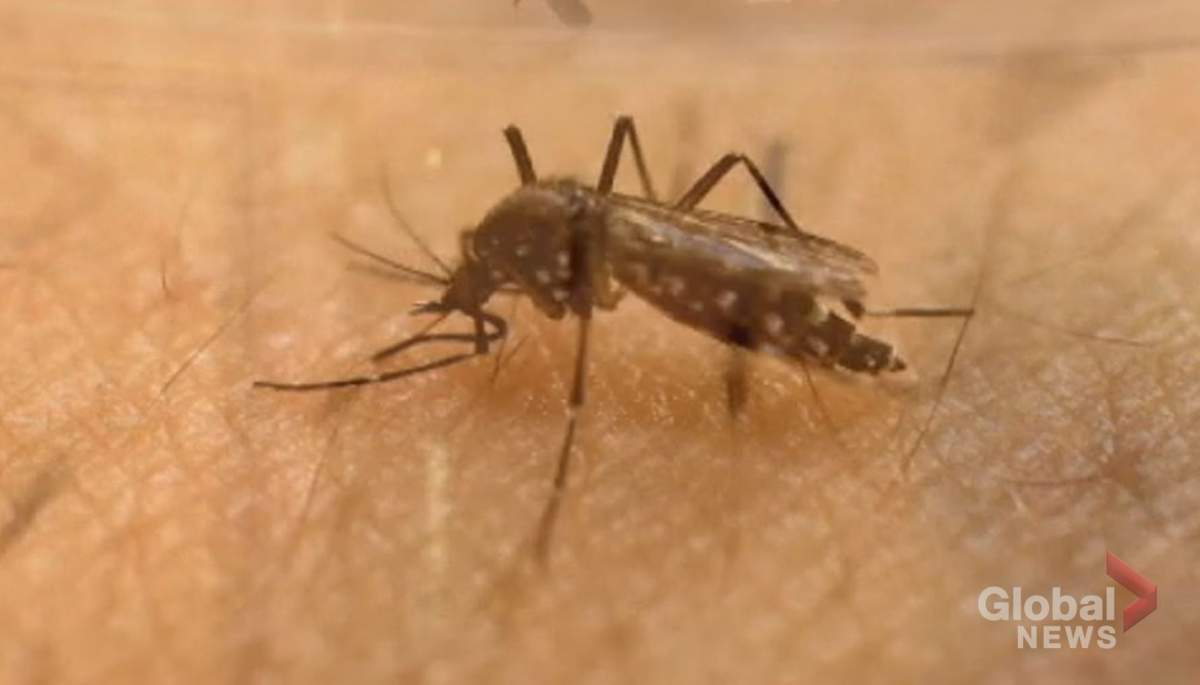It’s the prime period for West Nile virus, and the risk is high in Manitoba — in some communities, such as Portage la Prairie and Ste. Anne, the pests are so numerous that the province is enacting a ministerial spraying order.

A pair of Brandon University scientists are using a quarter-million dollars in research funding to look at what other pathogens could be carried by the annoying insects — as well as ticks — and how Manitobans could be affected.
The $240,450 in funding comes from the Public Health Agency of Canada’s Infectious Disease and Climate Change Fund.
Bernadette Ardelli, the university’s dean of science, told 680 CJOB that a number of other bug-borne dangerous diseases have been found in nearby areas lately.
“Because of climate change, their habitat where they live is also changing, and so we’re seeing there’s more of these insects moving into southern Manitoba,” said Ardelli.
“The potential problem is as they’re moving, they could be bringing other things with them.”
The researchers are using the funding grant to look for viruses like meningitis, Rocky Mountain spotted fever and tularimia — infections and inflammations of the brain.

Get breaking National news
Ardelli said she, fellow researcher Bryan Cassone and their team have to worry about more than just the insects. Their food sources, whether it be cattle or deer, can also harbour dangerous viruses — allowing mosquitoes to pick them up and carry them on to humans.
“Insects will pick them up when they’re eating — so taking a blood meal — and we have deer, cattle can harbour these infections, and so when the insects are eating, they’re picking them up.”
In a statement from the university, Cassone said while the province already screens for certain diseases — notably West Nile — there are a host of others that haven’t been seen in Manitoba yet, but are likely coming soon.
“In Manitoba there is no active surveillance for several human pathogens capable of being transmitted by our local mosquitoes and ticks,” he said.
“Many of these are serious public health concerns and found in bordering states and provinces.
“Climate change is already increasing the range of infectious diseases, and we must begin preparing for diseases that we haven’t traditionally experienced here.”
The university said it will be planning informational events as the research gets underway.








Comments